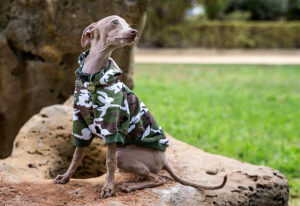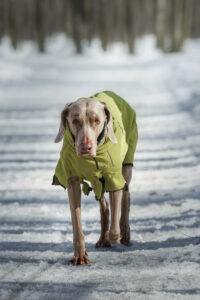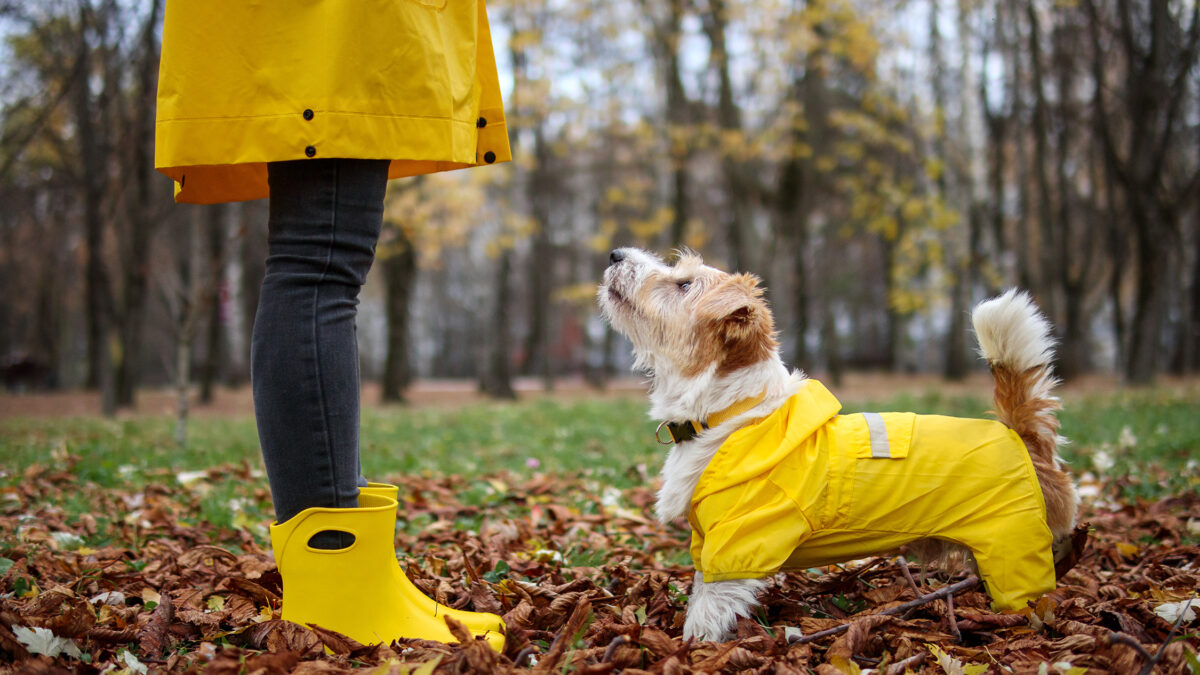
Keeping spirits bright during winter.
January 3, 2024
STANLEY TUCCI’S TUSCAN TOMATO SOUP
January 3, 2024As the cold weather sets in, you might be pondering if your canine companion needs a winter jacket to stay cosy and secure. Here are some ideas to help you decide when it’s both safe and advisable to outfit your dog in a winter coat.
While not every dog requires a winter garment, sometimes adding that extra layer could be counterproductive. Nonetheless, in certain circumstances, most dogs could use some added protection against the chill.
Why owners get dogs winter coats
The choice to dress a dog in a winter coat can often be emotional. The thought of your pet braving icy conditions can create concern, particularly because dogs need to spend time outside for bathroom breaks and exercise.
Consequently, many owners opt for a better-safe-than-sorry strategy.
Pet purchases
Alternatively, the decision can sometimes be fashion-oriented. In the UK, people are spending significant sums on their pets, with the average owner spending £2136 annually – or £178 monthly.
The pet market is evolving towards a more ‘human-centred’ model as younger generations transition from being pet owners to pet parents, resulting in a broader range of clothing choices for dogs.
Does your dog need one?
Several variables should be considered when deciding if your dog needs a winter coat. Assess the wind chill, the potential for your dog to get wet and the level of sunlight before venturing outdoors.
When uncertain, err on the side of caution – you can always remove the coat if your dog seems too hot. If you notice your dog shivering, seeking warmth, limping or displaying signs of anxiety or discomfort, it’s time to head back inside.
Factors like your dog’s age, health and comfort level with cold temperatures should also weigh into your decision. Older, younger, and unwell dogs may struggle to maintain their body temperature even in mild cold, while a healthy adult dog accustomed to cold weather may not need additional insulation.
Speaking to a vet first
Remember that dogs generate heat through activity, so a dog in motion will naturally stay warmer. Before making any decisions, consult your veterinarian for advice tailored to your specific dog.
Size matters
Lastly, measure your dog before buying a winter coat to ensure a good fit. Use a tape measure to get accurate dimensions, which will help you find a coat that isn’t too tight or too loose, and that won’t impede your dog’s movement.
Once you’ve navigated these variables, the hunt for the perfect winter coat – keeping in mind fabric, fit and function – becomes an extension of the love and care you naturally offer your four-legged family member.




